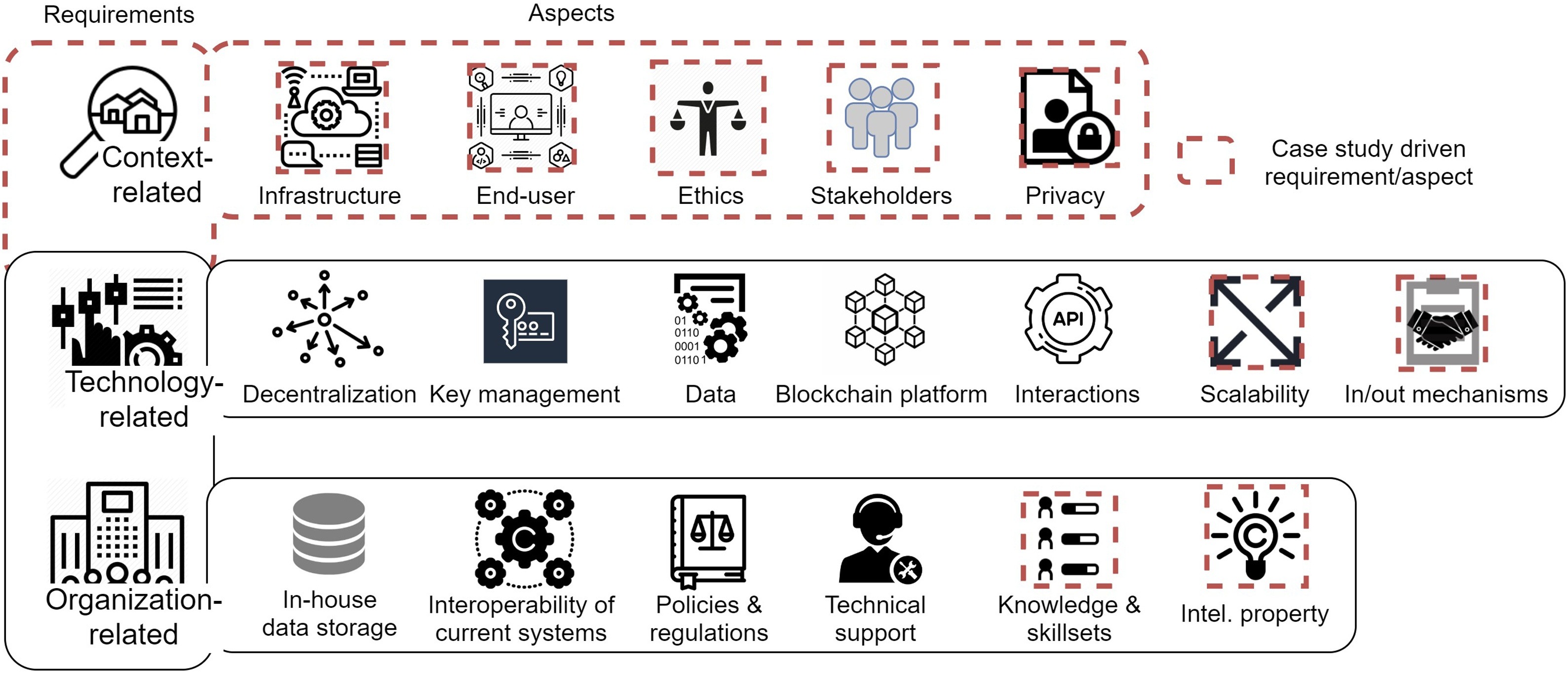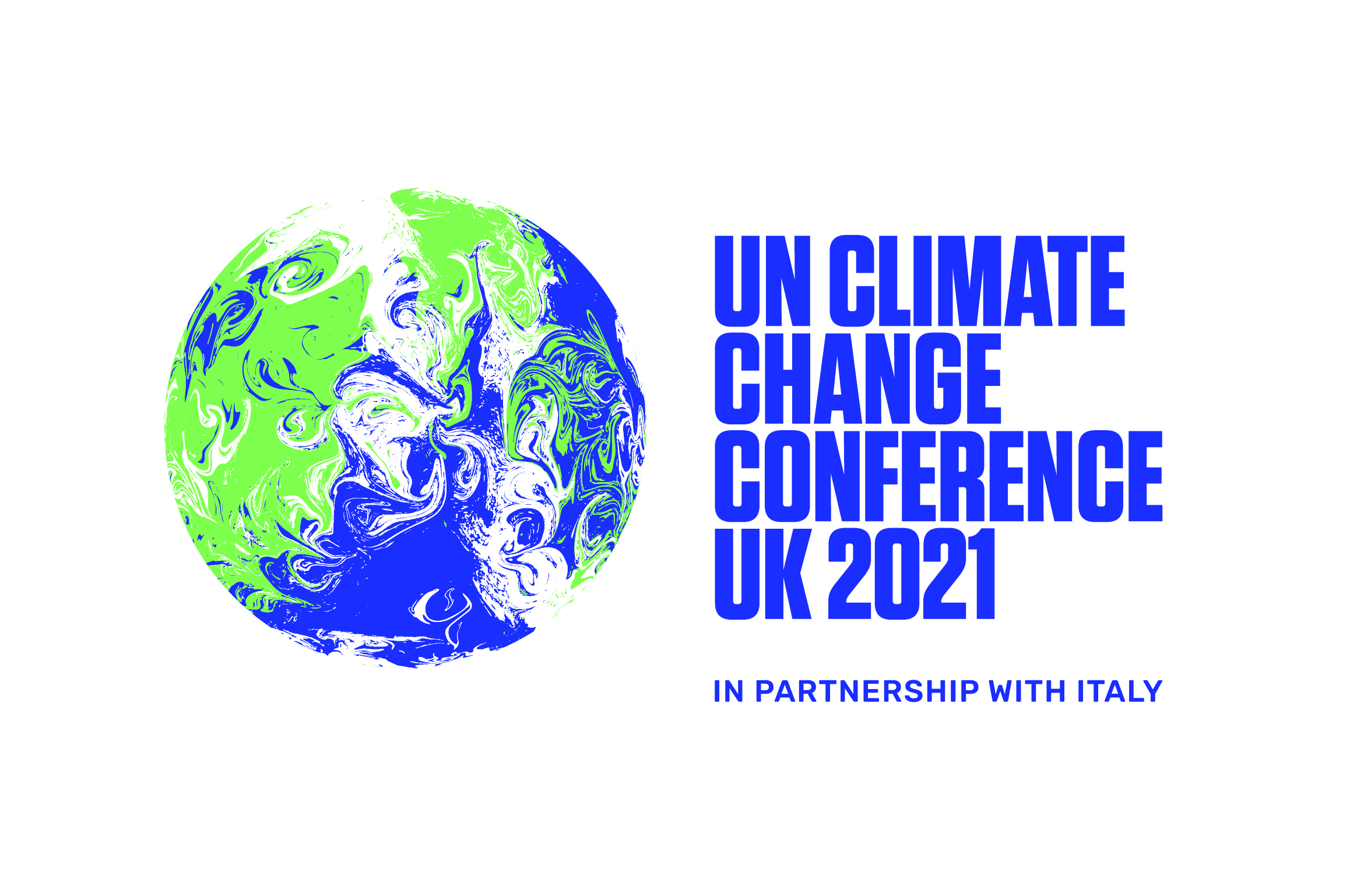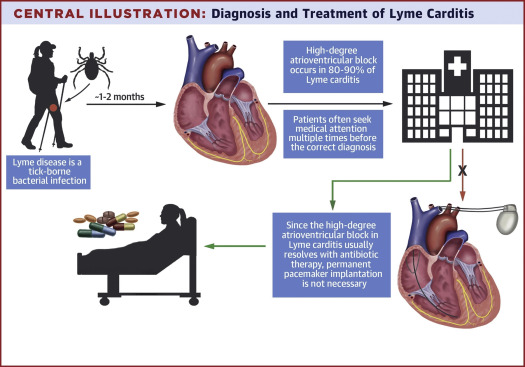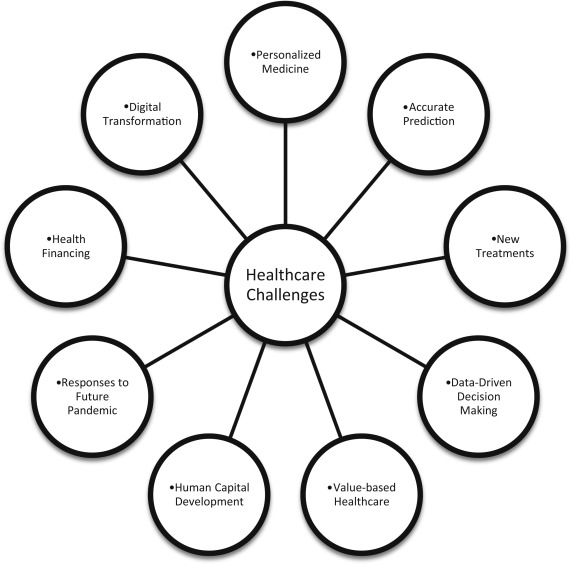Advances in Thermal Energy Storage Systems, Second Edition, Methods and Applications, Woodhead Publishing Series in Energy, 2021, Pages 673-697
COP26 is the 2021 United Nations annual climate change conference. COP stands for Conference of the Parties. Parties are the signatories of the United Nations Framework Convention on Climate Change (UNFCCC) - a treaty agreed in 1994 which has 197 Parties (196 countries and the EU). The 2021 conference, hosted by the UK, together with our partners Italy, in Glasgow, will be the 26th meeting of the Parties, which is why it's called COP26.
Current Opinion in Environmental Sustainability, Volume 50, Pages A1-A8, 1-318 (June 2021)
Neglected Tropical Diseases and Other Infectious Diseases Affecting the Heart
2022, Pages 125-136
Neglected Tropical Diseases and Other Infectious Diseases Affecting the Heart, 2022, Pages 61-71
Artificial Intelligence and Big Data Analytics for Smart Healthcare, Next Gen Tech Driven Personalized Med&Smart Healthcare, 2021, Pages 1-9




